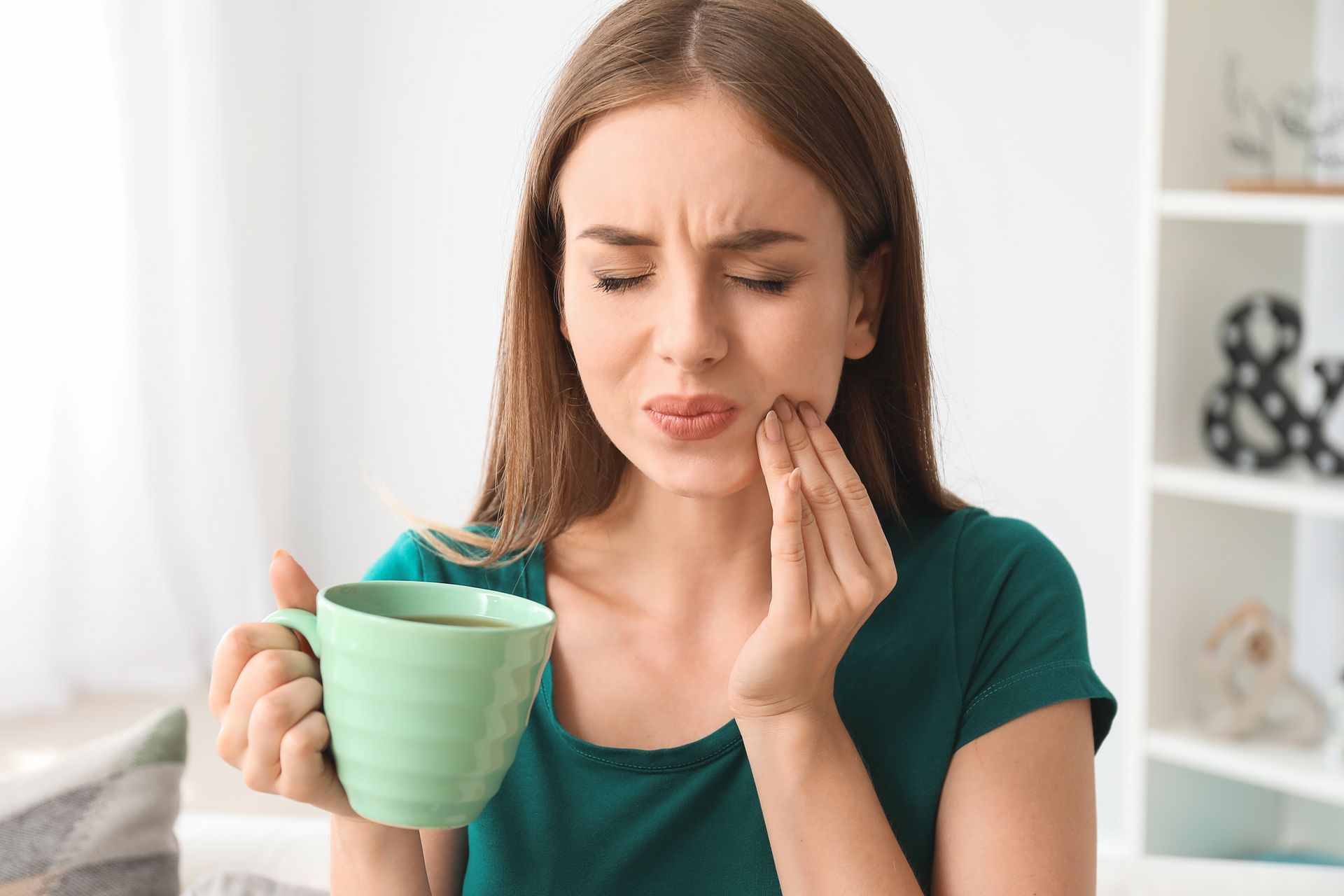How to Pick the Right Toothbrush for Every Family Member in Annapolis
Choosing the right toothbrush is more than just picking your favorite color; it's about finding the right tool to enhance your oral health. At Aria Dental of Annapolis, we understand the importance of a suitable toothbrush in maintaining dental hygiene. Everyone's needs are different, from toddlers just beginning to brush to seniors with more sensitive gums. That's why we take the time to educate our patients on the types of toothbrushes available and how to select the best one for their specific oral health requirements.
Toothbrushes come in various shapes, sizes, and types, each designed to offer distinct benefits. For instance, manual toothbrushes give you full control over the pressure and speed of brushing, which is great for those who might be a bit more sensitive. On the other hand, electric toothbrushes can provide a more consistent and efficient cleaning experience, which might be helpful for children or adults with limited manual dexterity. Understanding these details ensures every member of your family in Annapolis can practice optimal oral healthcare with a tool that suits them best.
Moreover, the correct toothbrush can make a significant difference in your daily dental care routine. Whether you have sensitive teeth, wear braces, or are looking to prevent gum disease, we're here to guide you towards the best choice. Let’s dive into the world of toothbrushes and discover how choosing wisely can lead to healthier smiles for you and your loved ones.
Understanding Toothbrush Types and Their Benefits
When it comes to maintaining oral hygiene, the choice of a toothbrush plays a crucial role. At Aria Dental of Annapolis, we often discuss with our patients the differences between manual and electric toothbrushes to help them make informed choices. Manual toothbrushes are highly accessible and provide excellent control over brushing pressure, reducing the risk of harming gums or enamel. On the other hand, electric toothbrushes offer a more consistent motion and are particularly beneficial for individuals with limited manual dexterity or orthodontic appliances.
Bristle type is another significant aspect to consider. Toothbrushes come with soft, medium, or hard bristles. We recommend soft bristles for most people as they are gentle on the gums and sufficient to remove plaque effectively without causing damage. Medium and hard bristles, while tempting for those seeking a “deeper clean,” can actually harm the gums and enamel, leading to sensitive teeth and contributing to gum recession.
Choosing Toothbrushes for Children and Teens
Selecting the right toothbrush for children and teens is pivotal for encouraging lifelong dental hygiene habits. For toddlers and young children, choose toothbrushes with small, soft heads and large handles. These features make it easier for small hands to grip and maneuver the brush, while the soft bristles ensure gentle cleaning suitable for their delicate gums and emerging teeth.
As children grow into teens, their oral hygiene needs change, and they may start using adult-sized toothbrushes. However, it's still important to ensure the bristle type is soft to avoid damage as they learn to perfect their brushing technique. Additionally, involving children and teens in choosing their toothbrush—perhaps selecting a design or color they like—can make brushing more appealing, helping integrate dental care into their daily routine seamlessly.
Through regular education about the types of toothbrushes and considerations for each age group, we strive to empower our community members in Annapolis to make better dental health decisions. Whether choosing a toothbrush for a child, teen, or adult, understanding these critical factors can lead to improved oral health and a brighter smile.
Toothbrush Considerations for Adults and Seniors
For adults and seniors, selecting the right toothbrush is crucial for maintaining oral health, especially as dental needs evolve with age. Adults should consider toothbrushes that cater to sensitivity and gum health, as these are common concerns. Toothbrushes with softer bristles are preferable because they are gentle on the gums and enamel, reducing the risk of irritation and damage. For those who have more sensitive gums or wear dental appliances like dentures, a toothbrush with ultra-soft bristles and a flexible handle can make a significant difference in comfort and effectiveness.
Seniors in particular benefit from features like ergonomic handles, which are easier to grip, and bristles that respond well to less force. Since many seniors face challenges such as arthritis or reduced mobility, using a toothbrush that accommodates their physical limitations is important. Additionally, electric toothbrushes can be a beneficial option for seniors because they require less manual effort and provide efficient cleaning by covering larger areas of the mouth with minimal movement.
Maintaining Your Toothbrush for Optimal Dental Health
Good toothbrush hygiene is a cornerstone of dental health. We always remind our patients at Aria Dental of Anapolis of the best practices for toothbrush maintenance, which include regular cleaning and timely replacement. Toothbrushes should be rinsed thoroughly after each use to remove residue and debris. Storing the toothbrush in an upright position and allowing it to air dry can prevent the growth of bacteria. It’s also vital to replace your toothbrush every three to four months or sooner if the bristles become frayed. Using a worn-out toothbrush can decrease the effectiveness of your brushing and potentially harm the gum tissue.
Furthermore, involving the whole family in maintaining good toothbrush hygiene habits is essential. Encourage children to choose their own toothbrushes—this can make them more excited about brushing and taking care of their toothbrushes. Regularly discuss the importance of toothbrush care during family times and consider setting reminders for everyone to change their toothbrushes at the same time. This can turn toothbrush maintenance into a family routine, reinforcing the importance of oral hygiene for each family member.
Final Thoughts
At Aria Dental of Annapolis, we understand that oral health is a vital part of your overall well-being, and it starts with the right tools. Choosing the appropriate toothbrush, maintaining its cleanliness, and replacing it at the right intervals are simple yet powerful steps to ensure optimal dental health. Whether you're a young adult, parent, or senior, our team is here to support and guide you in all aspects of dental care. Remember, taking care of your toothbrush is taking care of your health.
If you have any further questions about selecting the right dental tools or wish to book a
regular dental check-up, don't hesitate to contact us today. Let's keep your smile healthy and bright together!



Share This Post

